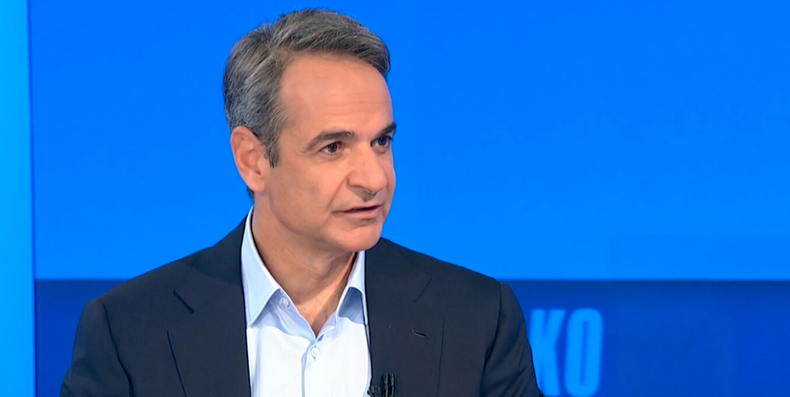In response to statements made by former Yugoslav Republic of Macedonia (FYROM) Foreign Minister Nikola Poposki to local media, the Greek foreign ministry issued on Saturday an announcement rejecting his suggestion that the Greek side does not see the resolution of the name issue as a priority.
More specifically, the Greek foreign ministry announcement underlined the following:
“Mr. Venizelos reiterated to Mr. Poposki the publicly well know and clear positions of the Greek side, which participates actively, responsibly and in good faith in the talks under the direction of the UN Secretary General’s personal envoy, Matthew Nimetz. In this context, Mr. Venizelos noted that Mr. Nimetz is waiting for FYROM’s representative to the discussions to confirm dates that are suitable for the next meeting in New York, as Ambassador Vassilakis has already accepted the October dates initially proposed by Mr. Nimetz.
Mr. Venizelos reiterated that Greece has already taken significant steps in the direction of a mutually acceptable compound name with a geographical qualifier; a name, however, for all uses, domestic and international (erga omnes). Consequently, what is being awaited is the responsible stance and response of the other side.
Mr. Venizelos also underscored that the issues concerning FYROM’s perspective for accession to the European Union and to NATO are judged collectively by the member states of each organization, based on the general criteria and the procedures in effect for the accession of new members. Thus, the critical issues are always those of democracy, rule of law, interethnic relations, regional stability, good neighbourly relations, avoidance of all direct or indirect “irredentist” policy. The Conclusions of the December 2013 European Council on enlargement policy and the June 2014 Meeting of NATO Foreign Ministers on the Open Doors policy set out this collective position.
Mr. Venizelos also observed that the name issue holds the central position in the domestic political debate in FYROM. The Greek position on this issue was formulated a long time ago, enjoys broad consensus, and is not impacted by coincidental domestic political expediencies.
Mr. Venizelos also raised the issue of the recent provocations from the Deputy Speaker of the FYROM Parliament, Antonio Milososki, in Olympus, as well as from the President of the country, Gjorge Ivanov, at the United Nations, noting that such statements and unacceptable actions do not help to cultivate a climate of trust and good neighbourly relations.
Finally, responding to a relevant question from Mr. Poposki, Mr. Venizelos confirmed the Greek position – which he had set out during his visit to Skopje this past March, as the President of the Council of the EU – in favor of the construction of an interconnector pipeline between the Trans Adriatic Pipeline (TAP), in Greece, and FYROM. This interconnector pipeline strengthens the dynamic and importance of the TAP and offers the neighbouring country an alternative source of natural gas supply.”



































